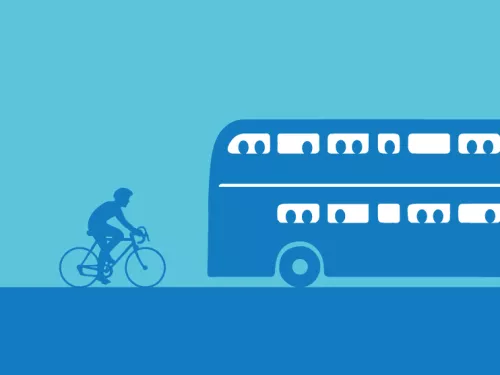
Change how you travel
Learn how to reduce your travel emissions.
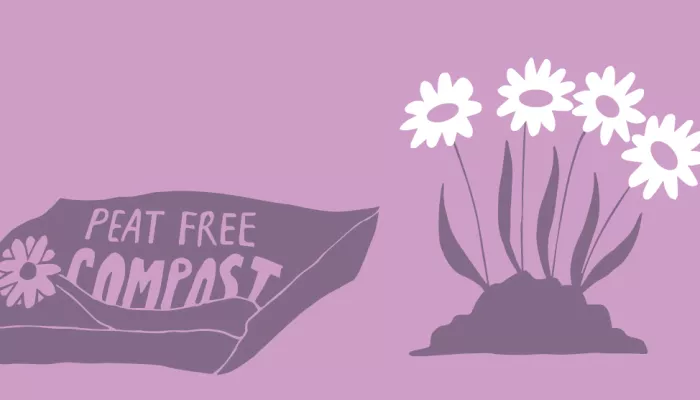
Our homes and gardens have an important role in the fight against climate change. Help preserve vital peatland by going peat free.
Peat has been a major ingredient of the compost used in gardening for many years. This peat is dug out of wild places, damaging some of the last remaining peatlands in both the UK and overseas in places like Eastern Europe. This process also releases carbon into the atmosphere, accelerating climate change. Sadly, more than 94% of the UK’s lowland peat bogs have been destroyed or damaged, and a wealth of wildlife has disappeared along with it. This vital habitat isn't easily replaced.
The Wildlife Trusts recently surveyed major retailers: the table below includes some of the findings from this as well as information from retailers that have been in contact with us or made announcements since. Please note this is not an exhaustive list of retailers.
The list below shows the peat-free composts that the larger retailers stock, to help you when shopping for your garden or allotment this year. Shoppers should also look out for peat-free plants - B&Q, Dobbies, Blue Diamond group garden centres, Hillier and Asda are all stocking ranges of plants grown without using peat.
Find out if your retailer is peat-free!
| Retailer | Current offer (March 2023) |
|---|---|
| Ashridge | Sells only peat-free compost. Own brand bedding plants are peat-free. |
| B&Q | Sells only peat-free compost. |
| Blue Diamond | Aims to become peat-free in bagged compost by 2024. |
| British Garden Centres / Garden Stores Online | Aims to become peat-free in bagged compost by the end of 2023. |
| Co-op | Sells only peat-free compost. |
| Dobbies | Sells only peat-free compost. |
| Iceland | Sells only peat-free compost. |
| Lidl | Sells only peat-free compost. |
| Morrisons | Sells only peat-free compost. |
| Notcutts | Sells only peat-free compost. |
| RHS | Sells only peat-free compost. |
| Sainsbury's | Aims to become peat-free in bagged compost by 2024. |
| Squires | Aims to become peat-free in bagged compost by 2024. |
| Tesco | Sells only peat-free compost. 100% peat-free across all British-grown bedding plants |
| Travis Perkins | Sells only peat-free compost. |
| Waitrose | Sells only peat-free compost. |
Peat is made up of decayed organic matter and vegetation, developing slowly under particular, wet conditions over thousands of years. Peat can be found in wetlands such as bogs and moors, and its composition makes it home to a unique ecosystem.
Peat bogs are home to all sorts of plants, including colourful sphagnum mosses, insect-eating plants, and curious plants such as ‘butterwort’ and ‘bog myrtle’. They also provide an environment for rare dragonflies, spiders and other invertebrates, and a feeding ground for birds, such as golden plover, meadow pipit and skylark.
When it comes to climate change, peatlands are vital. The excess carbon in our atmosphere is causing the planet to heat up. Peat bogs act like a sponge, absorbing carbon from the atmosphere and storing it like a sink.
The UK’s peatlands store around 3.2 billion tonnes of carbon and alongside the oceans, are the second largest store of carbon on the planet whilst covering a much smaller area.
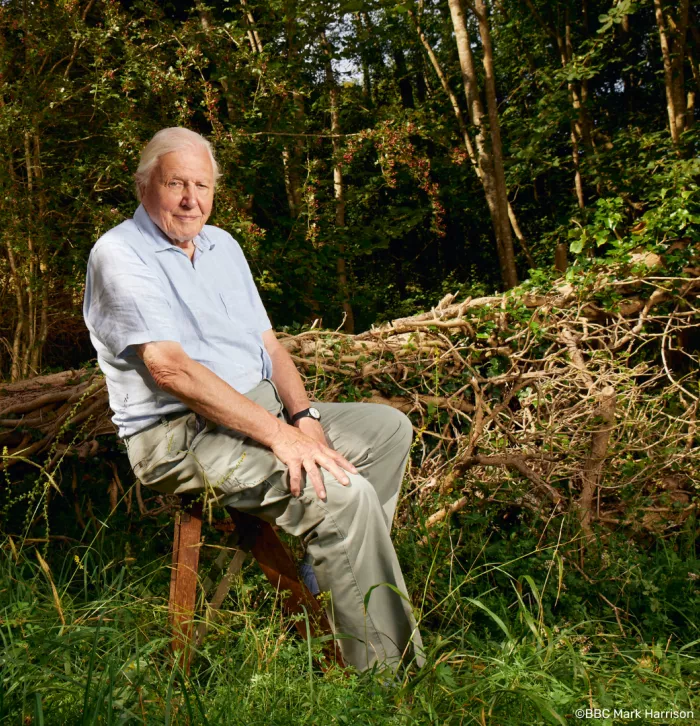

Learn how to reduce your travel emissions.
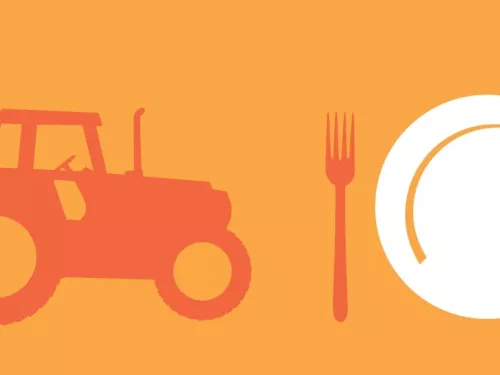
Buy local produce, eat more plant-based foods and reduce your food miles to shrink your environmental footprint.

Energy used in buildings accounts for around 17% of total emissions. Reducing your household energy use by making efficiency savings, switching to a renewable energy supplier, or installing a heat pump will help cut down.
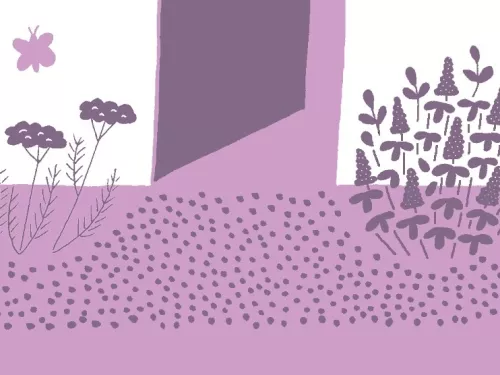
There are plenty of ways you can take action against climate change in your own backyard or local greenspace.

By writing to your MP or meeting them in person, you can help them to understand more about a local nature issue you care passionately about.
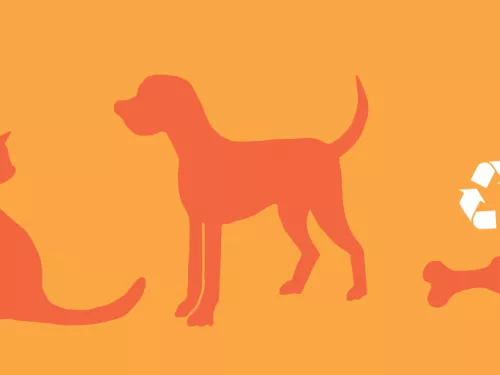
Caring for a pet is a rewarding experience that doesn't have to cost the earth.